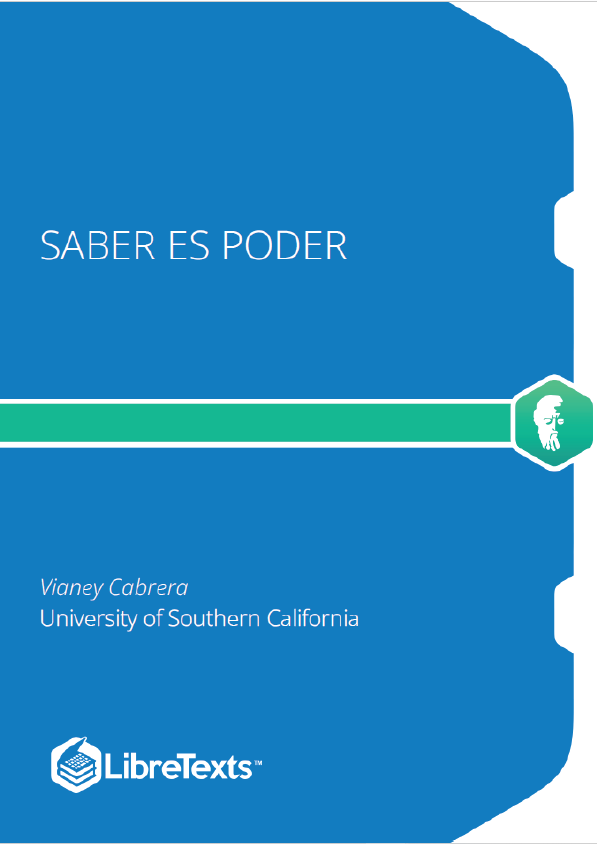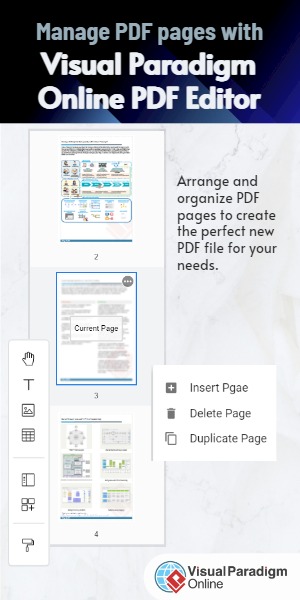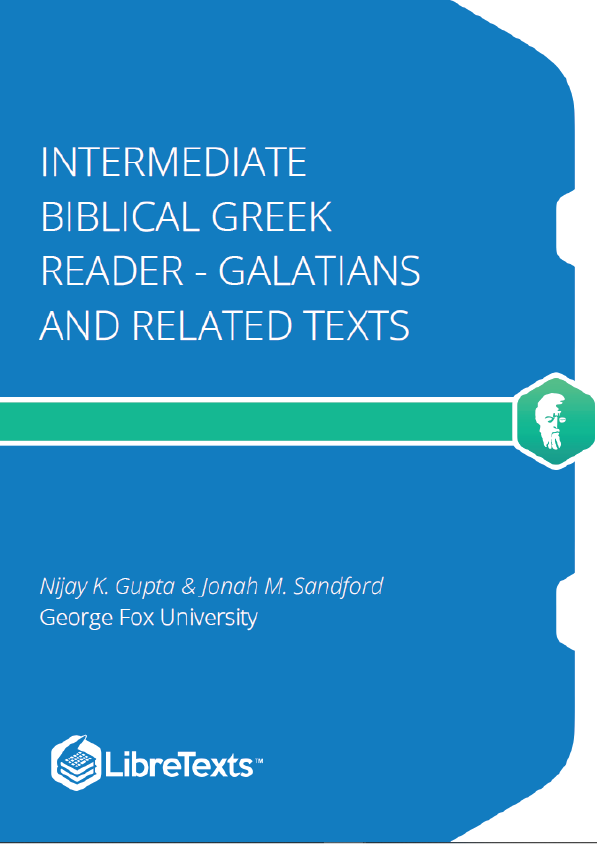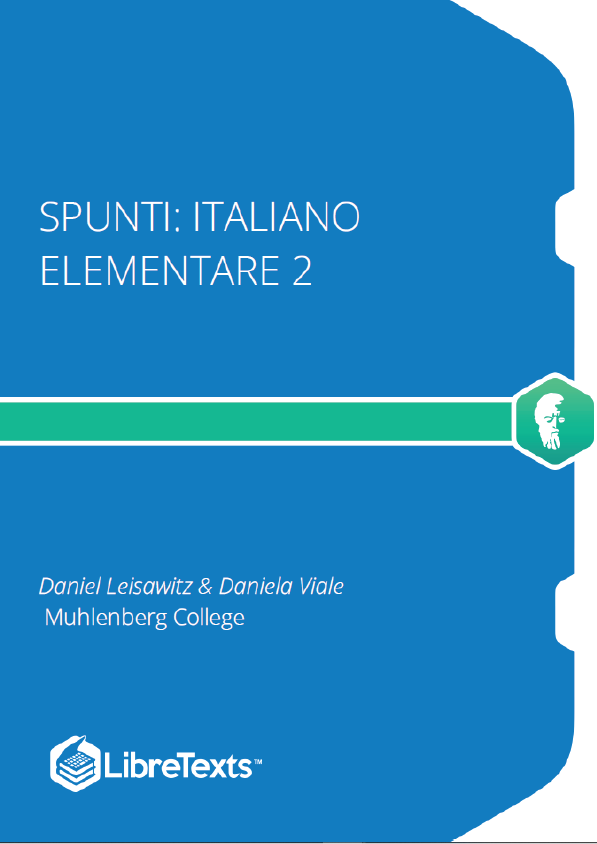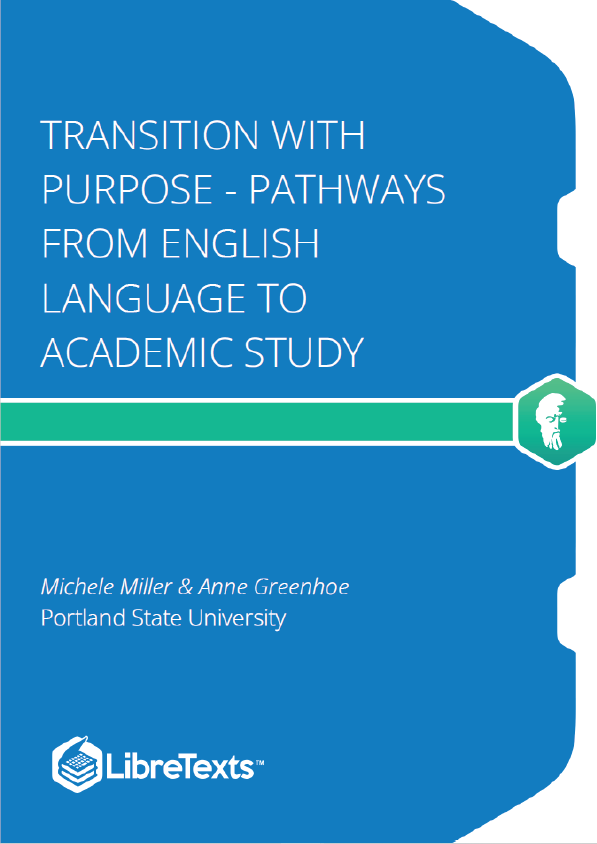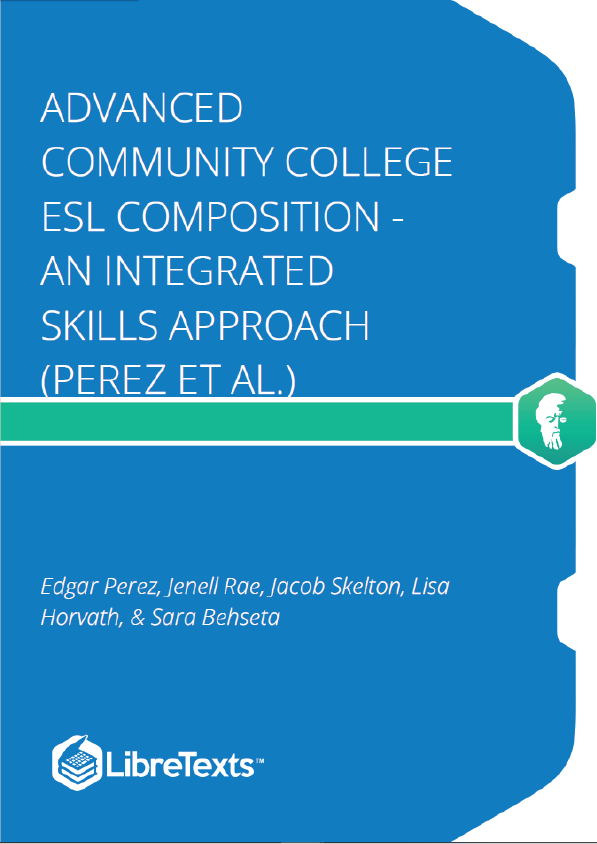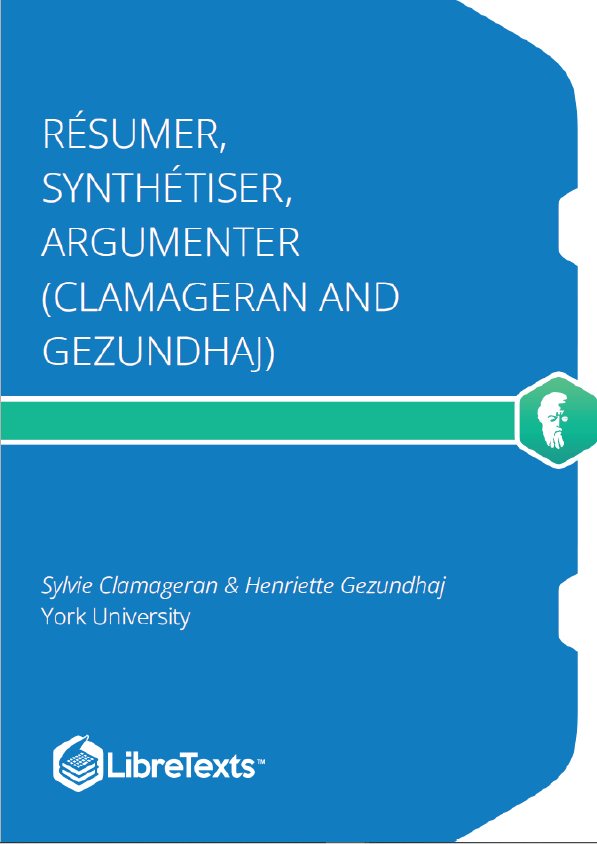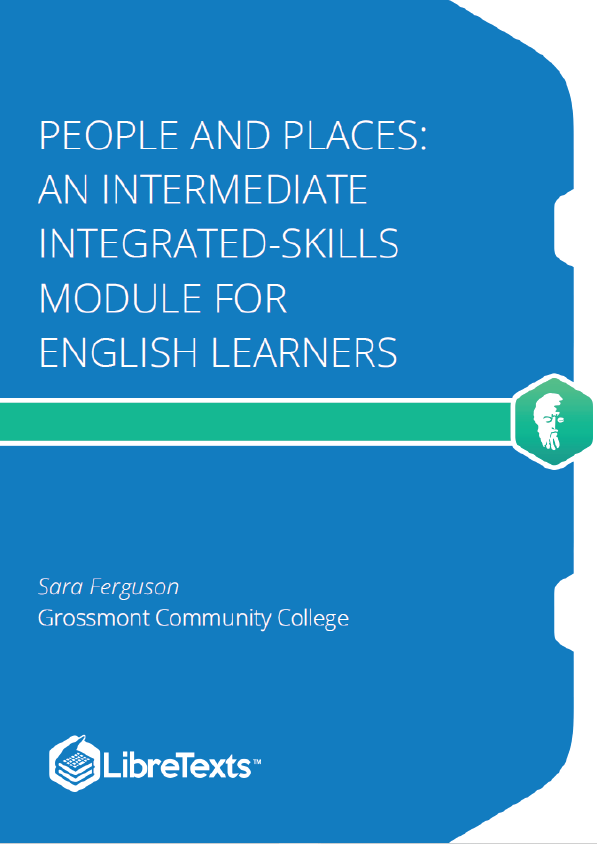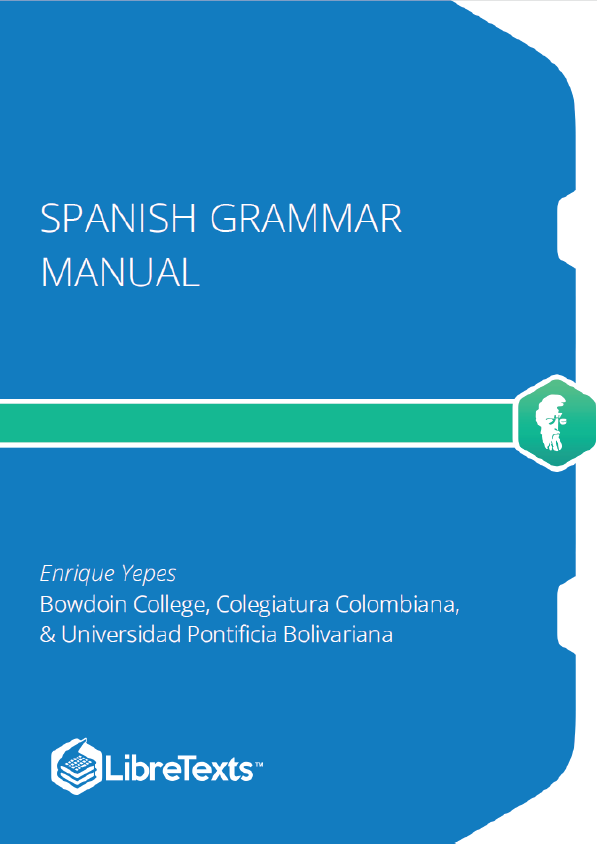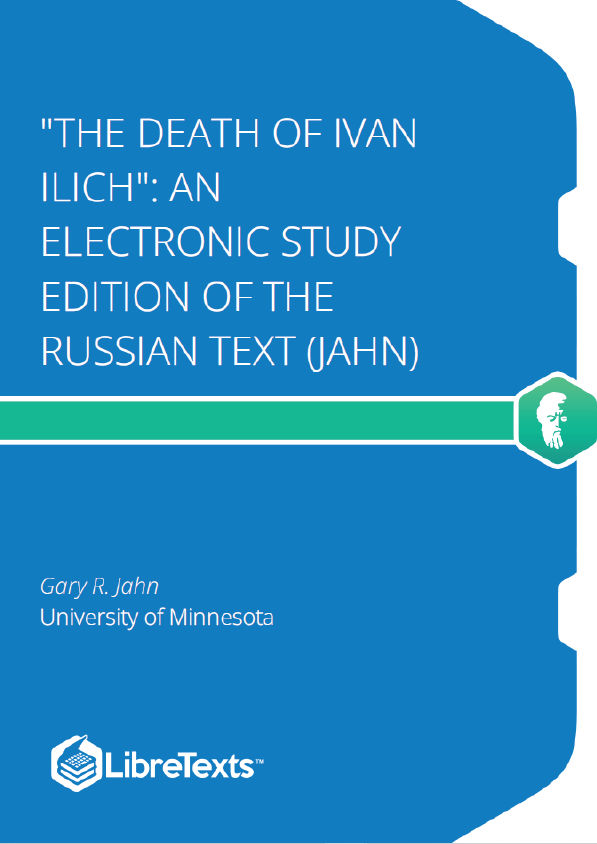This text is disseminated via the Open Education Resource (OER) LibreTexts Project (https://LibreTexts.org) and like the hundreds of other texts available within this powerful platform, it is freely available for reading, printing and “consuming.” Most, but not all, pages in the library have licenses that may allow individuals to make changes, save, and print this book. Carefully consult the applicable license(s) before pursuing such effects.
Instructors can adopt existing LibreTexts texts or Remix them to quickly build course-specific resources to meet the needs of their students. Unlike traditional textbooks, LibreTexts’ web based origins allow powerful integration of advanced features and new technologies to support learning.
The LibreTexts mission is to unite students, faculty and scholars in a cooperative effort to develop an easy-to-use online platform for the construction, customization, and dissemination of OER content to reduce the burdens of unreasonable textbook costs to our students and society. The LibreTexts project is a multi-institutional collaborative venture to develop the next generation of openaccess texts to improve postsecondary education at all levels of higher learning by developing an Open Access Resource environment. The project currently consists of 14 independently operating and interconnected libraries that are constantly being optimized by students, faculty, and outside experts to supplant conventional paper-based books. These free textbook alternatives are organized within a central environment that is both vertically (from advance to basic level) and horizontally (across different fields) integrated.
These activities for heritage learners explore students’ perceptions of their heritage and linguistic strengths while raising consciousness about social varieties used throughout the Spanish-speaking world. Additionally, these materials seek to raise awareness of the social, cultural, and political dynamics of language use. There are 6 lessons:
- Introducción,
- Historia y evolución del español,
- El español en los Estados Unidos,
- Diferencias dialectales, and
- Registros lingüísticos.
¿Qué es el registro lingüístico?
Las personas escogen su manera de comunicarse con otros dependiendo de la situación comunicativa en la que se encuentran. Factores importantes que determinan cómo hablan incluyen con quién hablan o a quién le hablan, de qué hablan, dónde hablan, la relación que tienen estas personas, el propósito de la comunicación, y el medio que utilizan (oral o escrito), entre otros factores. Por ejemplo, cuando hablamos con los amigos, usamos frases, palabras, lenguaje diferente al que utilizamos cuando hablamos con colegas en el trabajo o en la universidad.
La comunicación entre las personas depende en buena parte de la formalidad o informalidad de la situación en la que los hablantes se encuentran. A continuación se describen dos tipos de lenguaje que usamos para comunicarnos.
